T4K3.news
Supreme Court quashes Tom Hayes’ Libor conviction
Tom Hayes' Libor conviction has been overturned by the UK Supreme Court after years of legal battles.

Hayes' conviction raised questions about white-collar crime accountability.
UK Supreme Court overturns Tom Hayes’ Libor conviction
The UK Supreme Court has quashed Tom Hayes' conviction for rigging the Libor rates, marking a significant moment in the ongoing scrutiny of financial regulations. Hayes, a former trader at UBS and Citigroup, was found guilty in 2015 for his role in manipulating the interbank rate and served five and a half years in prison. This ruling not only impacts Hayes but also casts doubt on other Libor-related prosecutions, intensifying discussions about the effectiveness of the Serious Fraud Office. Despite the quashing, the court noted that substantial evidence existed to support a conviction, highlighting the complexities of prosecuting financial fraud. The decision prompts calls for a public inquiry into the prosecution's practices and the broader implications for white-collar crime enforcement in the UK.
Key Takeaways
"It feels very surreal — a little bit like my conviction."
Tom Hayes expressed his disbelief after the Supreme Court's ruling.
"My faith in the criminal justice system in the UK at times was largely destroyed and it’s been restored."
Hayes reflected on his feelings regarding the UK's justice system following the ruling.
Hayes' case reveals the ongoing tensions between public perception and the legal realities of financial crime. While he initially served one of the harshest sentences for white-collar fraud, this ruling demonstrates the evolving landscape of financial regulations and the challenges these prosecutors face. The legal system's failure to adequately direct jurors on key elements of the case raises concerns about justice and fairness in high-stakes financial environments. This pivotal moment could also encourage other traders facing similar allegations to seek reassessment of their cases, further complicating the matter of accountability in the banking sector.
Highlights
- Justice in finance requires accountability and transparency.
- Financial systems must be held accountable, or they will fail us.
- Public faith in legal systems depends on fair trials for all.
- Is the justice system equipped to handle complex financial crimes?
Concerns about legal precedent and public trust in prosecutions
This ruling challenges the legitimacy of previous prosecutions for financial crimes, possibly fueling public distrust in the legal process surrounding the financial industry.
The implications of this ruling extend beyond Hayes, altering the future landscape of financial crime in the UK.
Enjoyed this? Let your friends know!
Related News
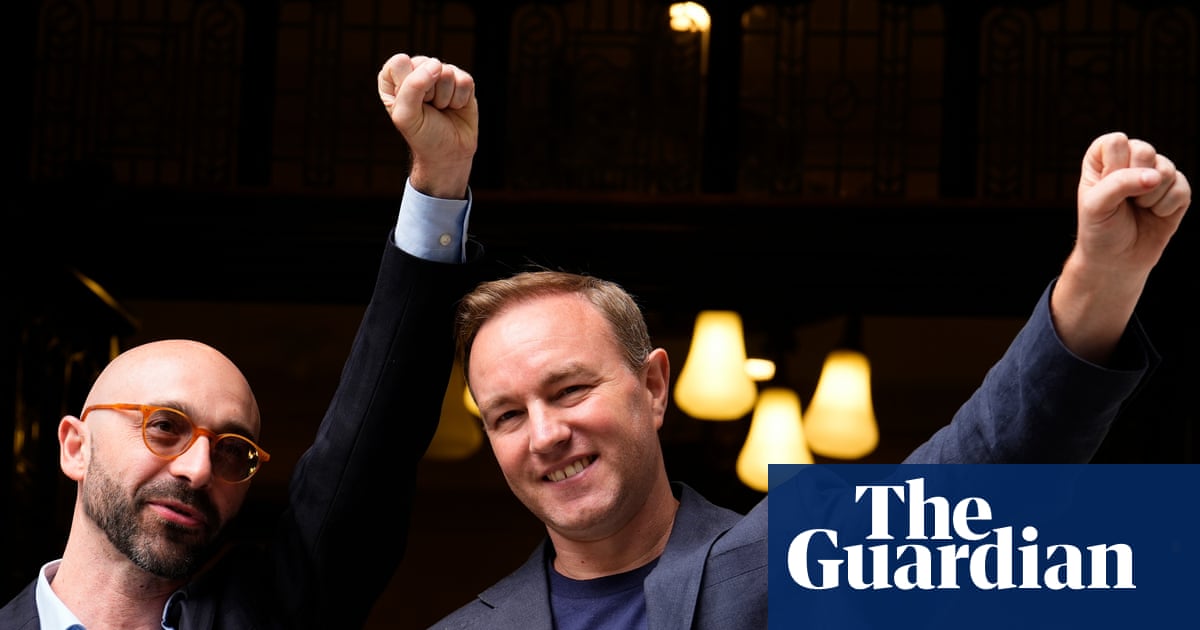
Supreme Court quashes Tom Hayes's Libor conviction
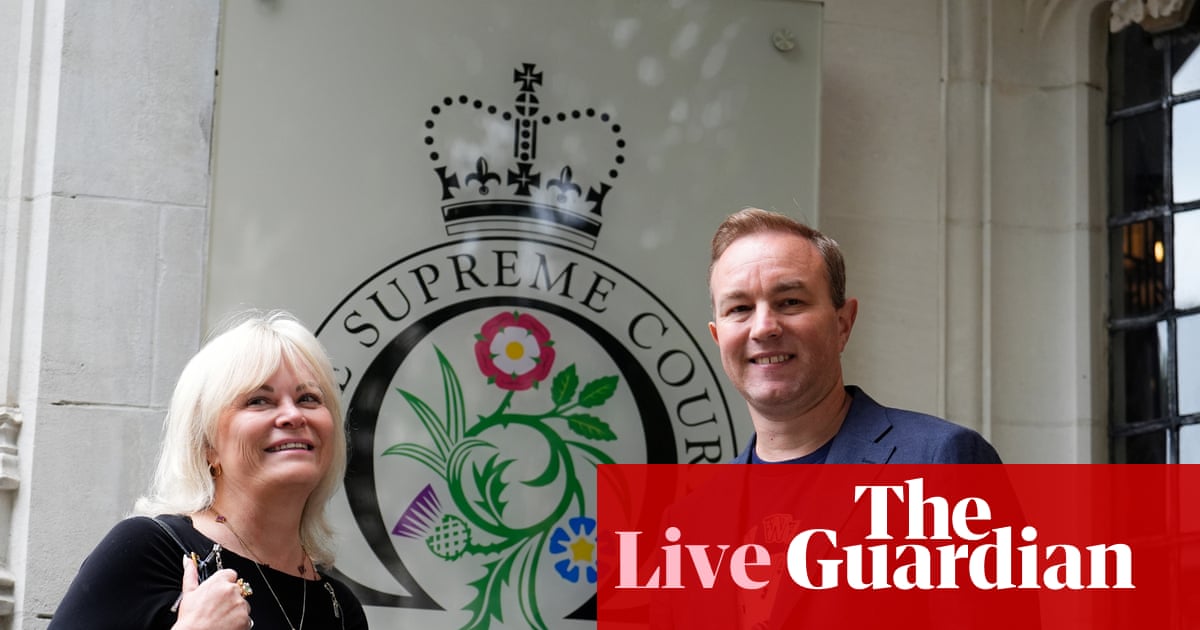
Supreme Court overturns convictions of two City traders
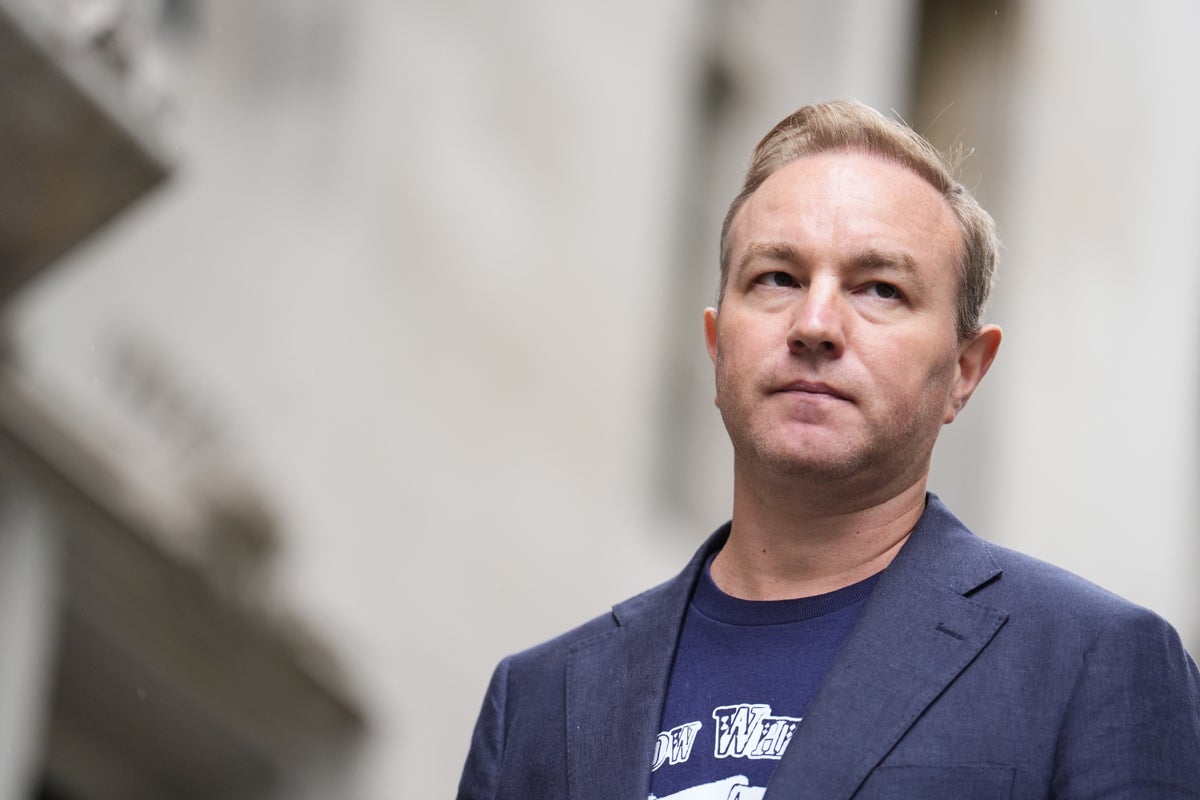
Supreme Court quashes Tom Hayes' conviction

Supreme Court overturns convictions of traders
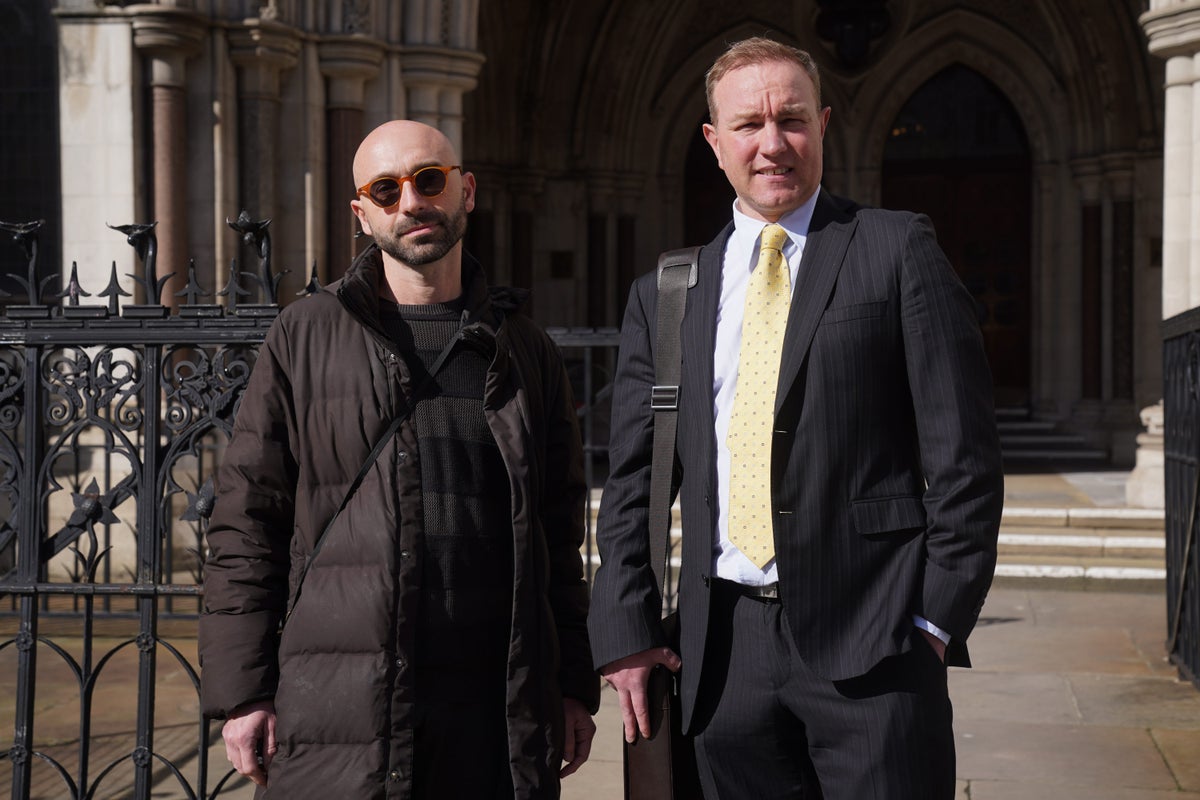
Supreme Court overturns trader convictions

Traders' Libor convictions overturned by Supreme Court
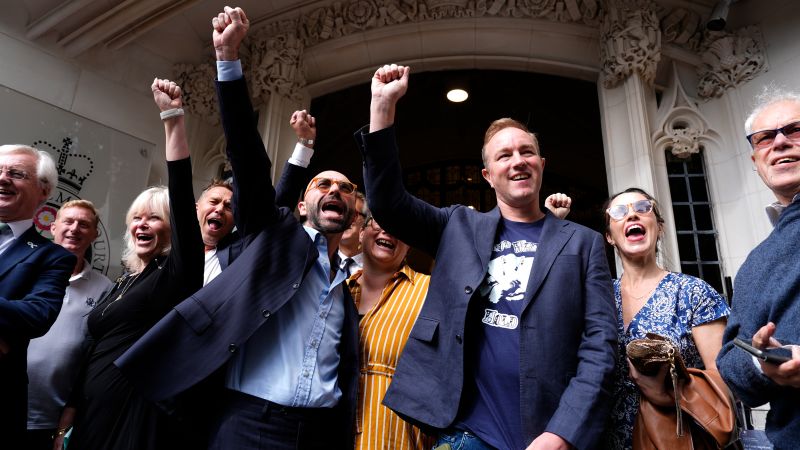
Hayes' appeal granted as conviction overturned

Ghislaine Maxwell appeals to US Supreme Court
